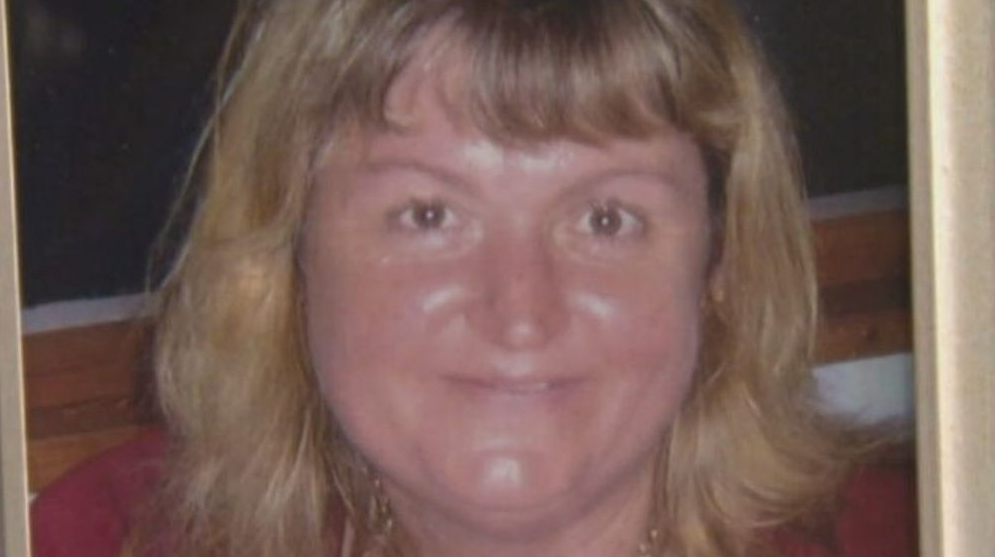Forensic retesting reveals new murder case evidence
Forensic retesting of a hammer at the centre of a Queensland murder case has revealed new evidence, a court has been told.
Andrew John Cobby is seeking to appeal his conviction after being found guilty in 2021 of murdering his estranged wife, receiving a life sentence.
Gaylene Cobby, known as Kym, was bashed with a hammer and strangled in 2017.

Cobby admitted being present at the time of the attack but has always maintained his innocence, claiming the killer was an unknown assailant.
One of Cobby’s grounds of appeal relates to purported fresh evidence provided by Queensland forensic services following a 2022 review.
The inquiry last year found Queensland’s forensic lab failed to properly test samples for years.
The hammer in Cobby’s murder case was ordered to be returned to the Crown for further forensic testing in March.
Overall 87 samples from the case were reviewed as a result of the inquiry, the Crown’s barrister Philip McCarthy said.
In a Queensland Court of Appeal review on Wednesday, McCarthy told Justice Philip Morrison retesting had produced new DNA results on the hammer claw.
The hammer claw’s shape matched the injury to Ms Cobby’s skull but initial test results showed there was no DNA that could be analysed, the court heard.
However, the new report said the hammer claw contains Ms Cobby’s DNA, McCarthy said.
The hammer’s handle also underwent forensic retesting.

Initially, there was no DNA detected but the new report said that it was too complex to analyse “in terms of the contributors”.
“The Crown’s argument will be the evidence is the same,” McCarthy said of the new results.
“It doesn’t indicate Mr Cobby held it (hammer), didn’t hold it … it didn’t indicate an unknown person did or did not hold it.”
McCarthy said it was up to Cobby to argue how the new evidence potentially could have changed the jury’s verdict.
“The hammer is an example now where the Crown previously suggested to the jury it had been used on Ms Cobby with circumstantial evidence that proved that – we now also have DNA on the claw of the hammer being Ms Cobby’s,” he said.

Cobby – representing himself – said he had three new forensic reports as part of his appeal following retesting after the inquiry.
“It is those three reports whereby there are significant alterations to the forensic results that we are now learning of subject to retesting that was not known at trial,” he said via video link.
“There are in excess of 21 forensic samples that the lab have identified that contain DNA profiles of contributors whose identity remains unknown.
“Also disturbingly and interestingly the latest forensic report (from July 2023) also has a number of forensic reports whereby DNA profiles have been removed.”
Applications will be heard in September 14 with the appeal set for mid-October.








